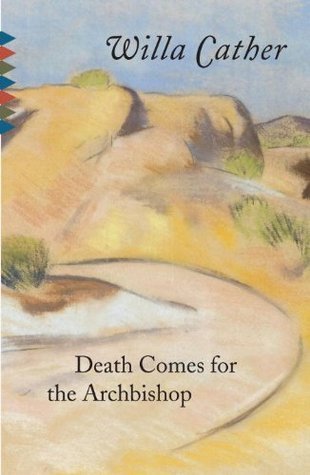Over the past ten months I have read many books, some of them very good. Life happened and I didn't get to write about them. I want to document my standouts briefly here:
The Glass Castle - Jeannette Walls
I happened on this movie first on Amazon Prime and it blew me away so I had to read the book. I still don't know why this story moves me so much, but I love the characters and Jeannette's ability to integrate the challenges and joys of her unique upbringing.
Willa Cather - Death Comes for the Archbishop

I have been a fan of Cather since I read My Antonia as a child. I adored reading this book. Probably because New Mexico is calling to me. Again the intersection of Native American, Catholic Europe, and manifest destiny here - fascinating and something I've been pondering since my Ramona project.
The Glass Castle - Jeannette Walls
I happened on this movie first on Amazon Prime and it blew me away so I had to read the book. I still don't know why this story moves me so much, but I love the characters and Jeannette's ability to integrate the challenges and joys of her unique upbringing.
Willa Cather - Death Comes for the Archbishop

I have been a fan of Cather since I read My Antonia as a child. I adored reading this book. Probably because New Mexico is calling to me. Again the intersection of Native American, Catholic Europe, and manifest destiny here - fascinating and something I've been pondering since my Ramona project.
